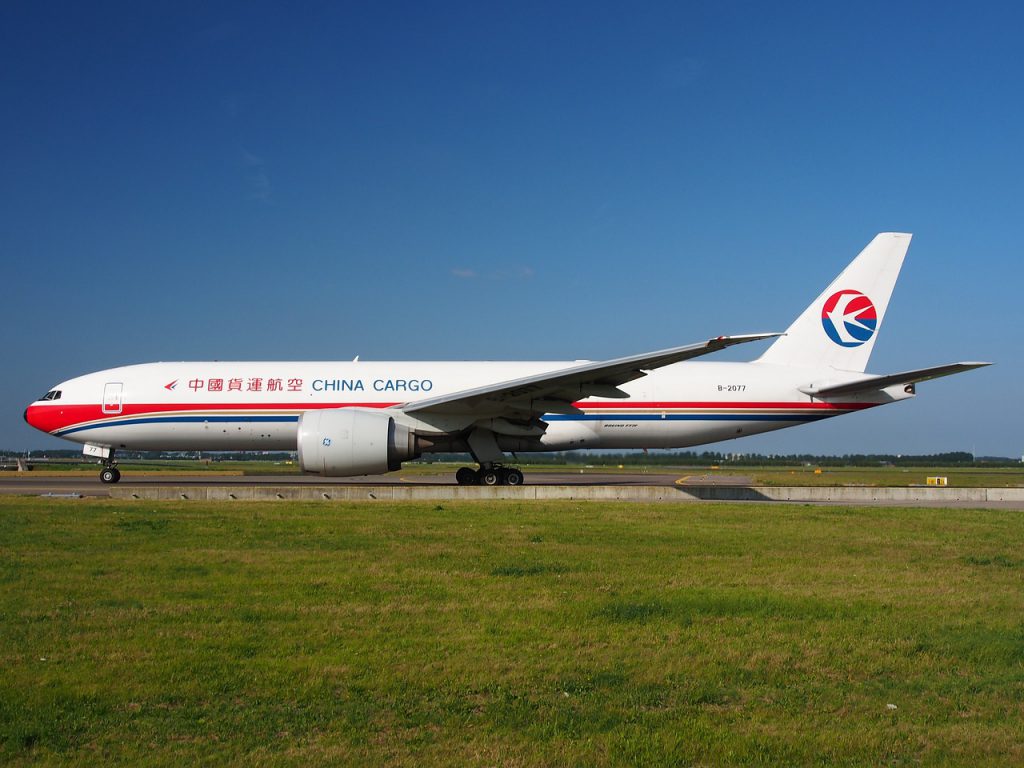The geopolitical situation in Ukraine has had wide-ranging effects, including implications for the aviation industry. While conflicts often disrupt air travel, some Chinese airlines have found unexpected advantages amidst the turbulence. In this article, we explore how Chinese airlines are leveraging opportunities presented by the conflict in Ukraine, examining the factors that contribute to their success and the potential long-term implications for their operations.
Expanding Route Networks: Capitalizing on Route Shifts
The Ukrainian conflict has led to route adjustments and restrictions for several international airlines. Chinese carriers, however, have identified alternative routes, capitalizing on the situation to expand their route networks. By filling the gaps left by other airlines, Chinese carriers have seized the opportunity to connect Chinese cities with previously underserved or overlooked destinations.
Strengthening International Partnerships: Collaborative Agreements
Chinese airlines have forged strategic partnerships with international carriers affected by the Ukrainian conflict. These collaborative agreements enable Chinese airlines to operate codeshare flights and benefit from the established networks and customer base of their partners. Such alliances offer increased connectivity and open up new markets for Chinese carriers, contributing to their growth and presence on a global scale.
Catering to Evolving Passenger Demand: Meeting Travel Preferences
Chinese airlines have adeptly responded to changing passenger preferences resulting from the Ukrainian conflict. As travelers seek alternative routes to avoid geopolitical hotspots, Chinese carriers have adjusted their schedules and offered more convenient connections to meet the rising demand. By adapting their services to accommodate changing travel patterns, Chinese airlines have established themselves as viable alternatives for passengers seeking safe and reliable options.
Boosting Cargo Operations: Capitalizing on Supply Chain Shifts:
The Ukrainian conflict has disrupted global supply chains, prompting companies to explore alternative logistics solutions. Chinese airlines have stepped in to capitalize on this opportunity, expanding their cargo operations to transport goods to and from regions affected by the conflict. By leveraging their robust freight capabilities, Chinese carriers have positioned themselves as crucial players in the evolving global supply chain landscape.
Long-Term Market Penetration: Strengthening International Presence:
The advantages gained by Chinese airlines in the midst of the Ukrainian conflict could have long-term implications for their international market penetration. As they expand their route networks, establish partnerships, and cater to evolving passenger demand, Chinese carriers are positioning themselves as influential players in the global aviation industry. The experiences and knowledge gained from operating in complex geopolitical environments could serve as valuable lessons for future expansion plans.
Conclusion:
While conflicts invariably disrupt air travel, Chinese airlines have managed to find opportunities amidst the Ukrainian conflict. By capitalizing on route shifts, strengthening international partnerships, meeting evolving passenger demand, and boosting cargo operations, Chinese carriers have leveraged the situation to their advantage. This strategic positioning not only provides short-term benefits but also lays the groundwork for long-term market penetration and growth. As Chinese airlines navigate the complexities of the global aviation landscape, their ability to adapt and seize emerging opportunities positions them as key players in shaping the future of the industry.

